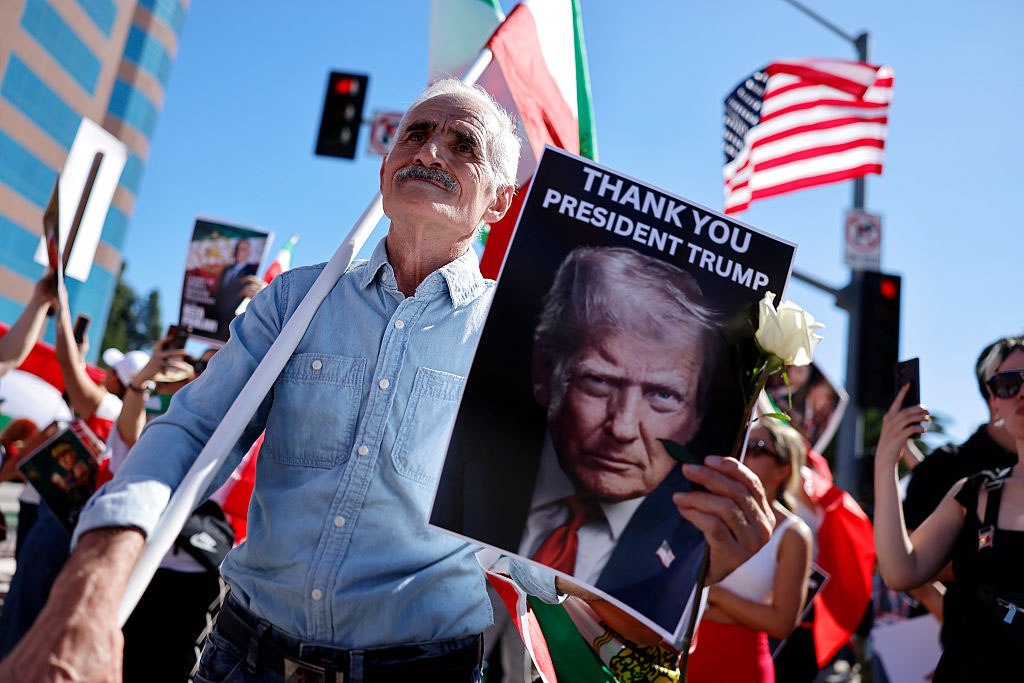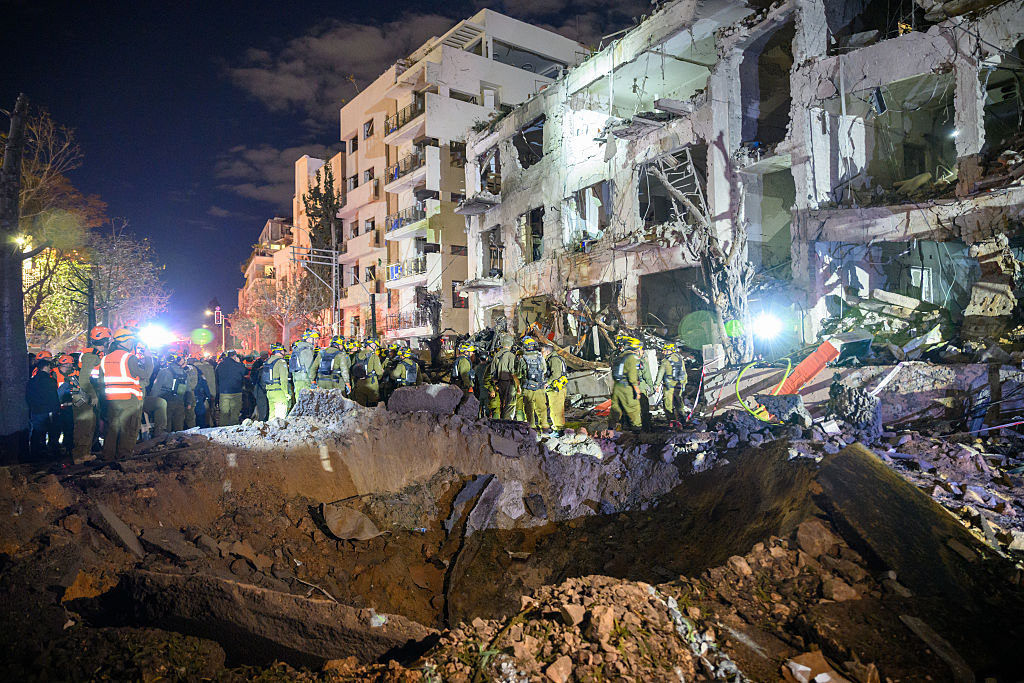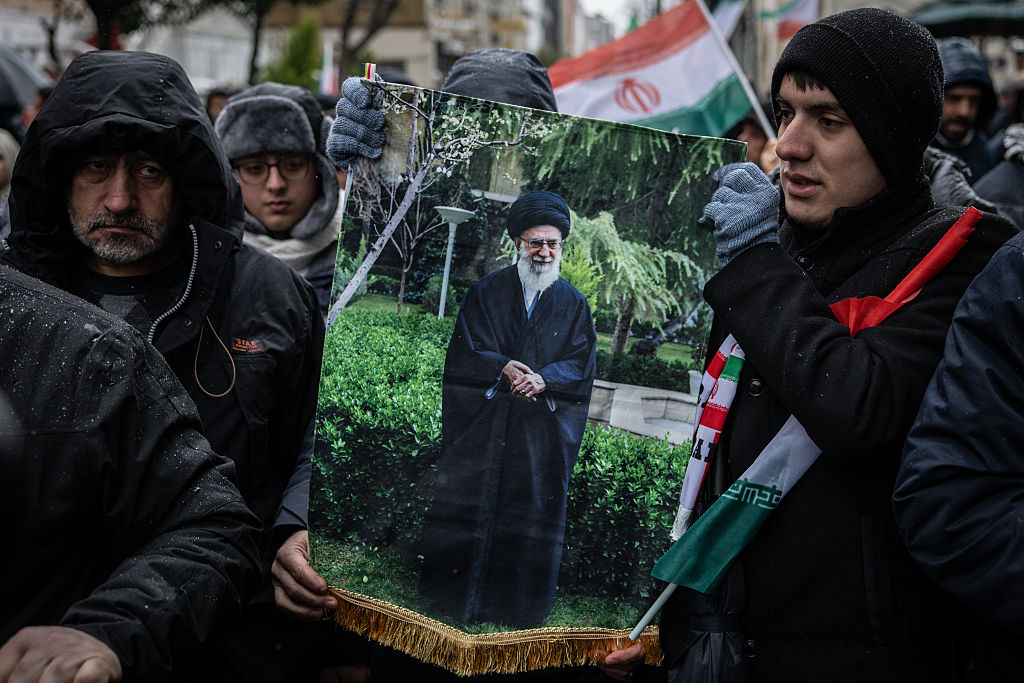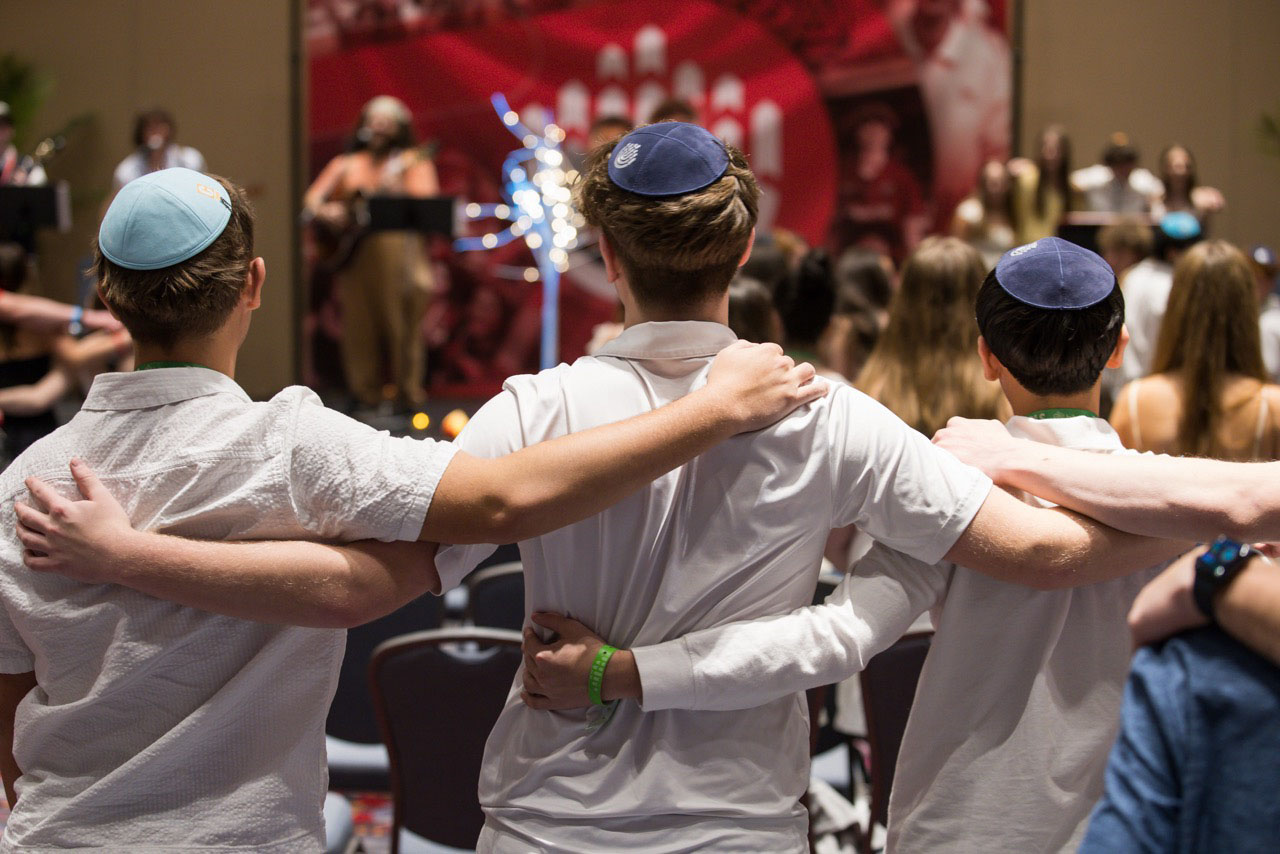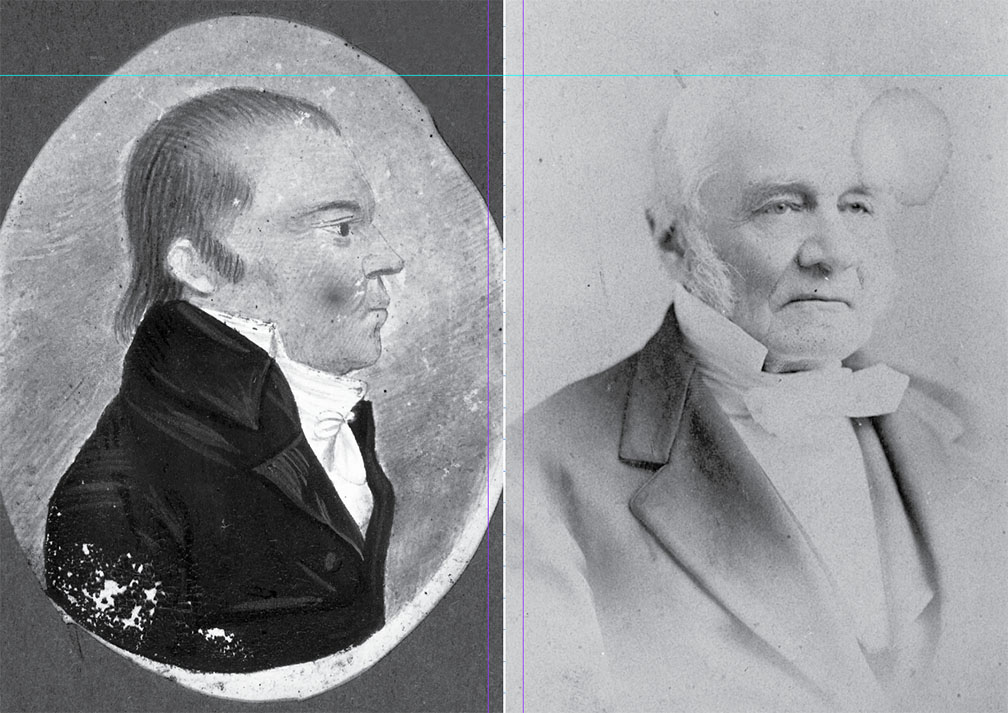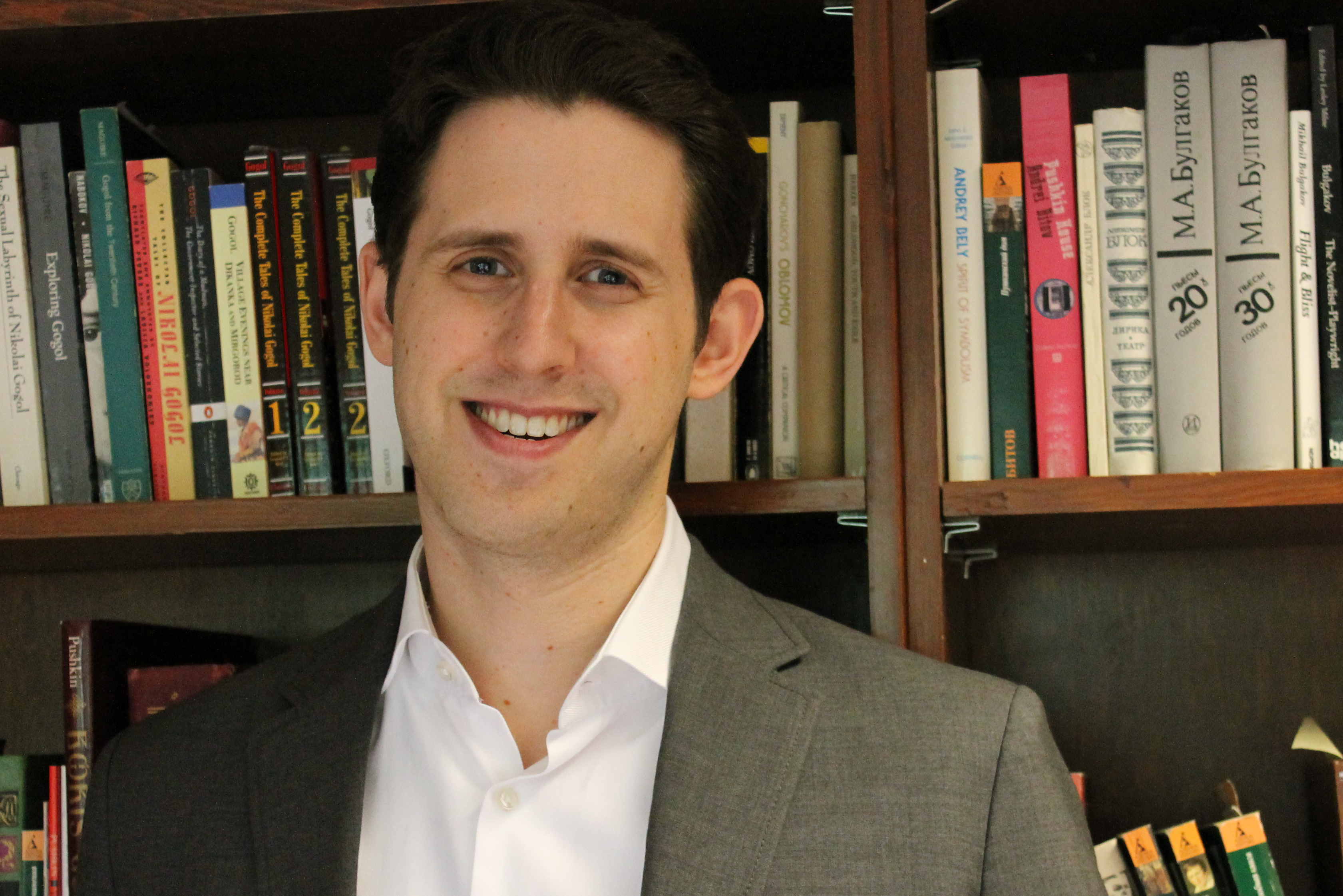
Daniel Kupfert Heller is assistant professor of Jewish studies at McGill University. Dr. Heller received his PhD from Stanford University and his undergraduate degree from the University of Toronto.
Our exchange will focus on Dr. Heller’s new Book, Jabotinsky’s Children: Polish Jews and the Rise of Right-Wing Zionism (Princeton University Press, 2017).
***
Dear Dan,
We like to start these exchanges with introductory questions that allow our guests to present their theses. In this case, we might as well start with the subtitle of the book — Polish Jews and the Rise of Right-Wing Zionism.
Our first question: What would you like your book to teach your readers about the Polish origins of the Zionist right, and how does focusing on 1920s Warsaw change our understanding of Jabotinsky’s vision, the Betar movement and Israeli nationalism in general?
Yours,
Shmuel
***
Dear Shmuel,
The story of the Polish roots of right-wing Zionism took me by surprise. I had initially set out to write a book about the turbulent political life of Polish Jewish youth on the eve of the Holocaust. I knew that right-wing Zionism was popular among many Jewish youths in Poland between the two world wars, but presumed that Jabotinsky’s writings contained all I ever needed to know about their worldview.
All that changed when I began rummaging through Poland’s government archives. I kept finding police reports that described right-wing Zionist activists marching in Polish patriotic parades alongside Polish scouts and soldiers, laying wreaths at Polish war memorials, and imploring their young Jewish followers to “act Polish.” Right-wing Zionist youth could even be heard singing the Polish national anthem and chanting “Long live the Sanacja!,” the name given to Poland’s authoritarian government, which came to power in 1926.
I was baffled. Why would a Zionist movement convinced that Jews were destined for a life of misery and persecution in Europe choose the Polish national anthem as their battle cry? What inspired them to include among their chants a call to support Poland’s authoritarian government? What was it about the country’s policies and practices—many of which were already the features of right-wing regimes across Europe—that could be deemed compelling and even instructive to Zionists seeking to build a Jewish state?
These questions lie at the very heart of my book. Drawing on correspondence, autobiographies, youth movement journals and police reports from archives across Poland and Israel, I discovered that Poland was more than just a reservoir of supporters for Jabotinsky. It was also an inspiration and incubator for the development of right-wing Zionist ideology. Jabotinsky’s Polish Jewish followers in the Betar youth movement found much to emulate in the policies and practices of right-wing movements in Poland and elsewhere in Europe, even as they condemned the antisemitism advocated by many of these groups. Writing in Betar’s journals in Yiddish, Hebrew and Polish, many of the youth movement’s followers in Poland took pride in the fact that their militarist ethos, deep distrust of democracy and authoritarian leadership cult for Jabotinsky resembled the beliefs of Polish nationalists. By examining the writing of ordinary Betar members alongside Jabotinsky’s prose, I also realized that Polish Jewish youth were not merely the passive recipients of an ideology imposed “from above,” but played an active role in shaping the political beliefs and behaviors that transformed their lives. In the mid-1920s, for example, Polish Jewish youth helped to convince Jabotinsky to turn the celebration of militarism and rejection of socialism into core components of his program.
Recovering the voices of Jabotinsky’s followers during his lifetime also has profound implications for how we understand the life of the famed and controversial father of right-wing Zionism.
No Jewish leader’s legacy is more contested in Israel today than that of Jabotinsky. Some look to him as a liberal democrat and staunch defender of equality. Others among his supporters view him as a nationalist hawk who was prepared to use whatever means necessary to achieve and maintain a Jewish state with a Jewish majority. Only by recovering the voices of Jabotinsky’s early followers in Poland can we begin to understand why his politics have proven so seductive and elusive to those who claim to be his ideological descendants. My book not only reveals that Jabotinsky’s political musings on democracy, violence and Arab-Jewish relations were the subject of intense debate among his followers during his lifetime. It also demonstrates that Jabotinsky deliberately encouraged these disagreements by creating numerous possibilities for how to translate his political prose into practice.
From its founding, the Revisionist movement aimed to appeal to a broad constituency and collected a range of supporters with differing views. To maintain his leadership of this diverse political base, Jabotinsky maintained an ideological dexterity in his journalistic output and public appearances. He did not hesitate to offer ambiguous or contradictory messages to his followers. Even as he condemned radicals within his movement as reckless rebels, he offered them more ambivalent instructions to pursue. Even as he insisted that he was a fierce proponent of democracy and liberalism, he raised doubts, in full public view, about the ability of these political ideals to serve the national interests of an increasingly endangered Jewish population. He gave his followers in interwar Poland and Mandate Palestine ample room to interpret him as they saw fit, allowing them to amplify or diminish Zionism’s commitment to democratic values and the use of military force depending on the needs of the hour. By using his young followers to cultivate a Zionism that blurred the lines between democracy and authoritarianism, as well as defense and attack, Jabotinsky pioneered a political strategy that continues to this day to leave a decisive mark on Israeli politics.









